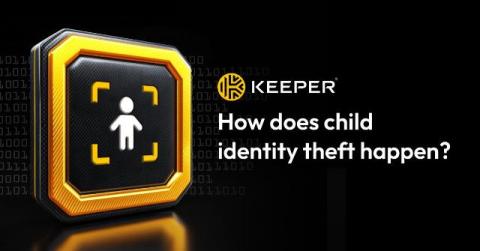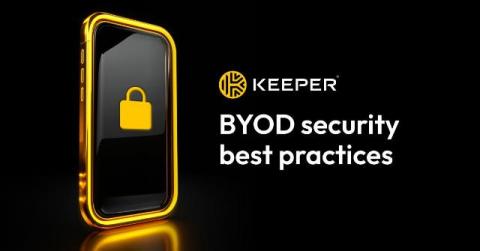The Most Recent Malware Attacks on Companies in 2024
2024 has been quite the year for malware attacks. So far this year, major companies like Change Healthcare, Ticketmaster, Ascension Hospital, ABN AMRO and CDK Global have all been affected by malware attacks. Keep reading to learn more about each of these major malware attacks and how your company can protect itself from malware attacks.











